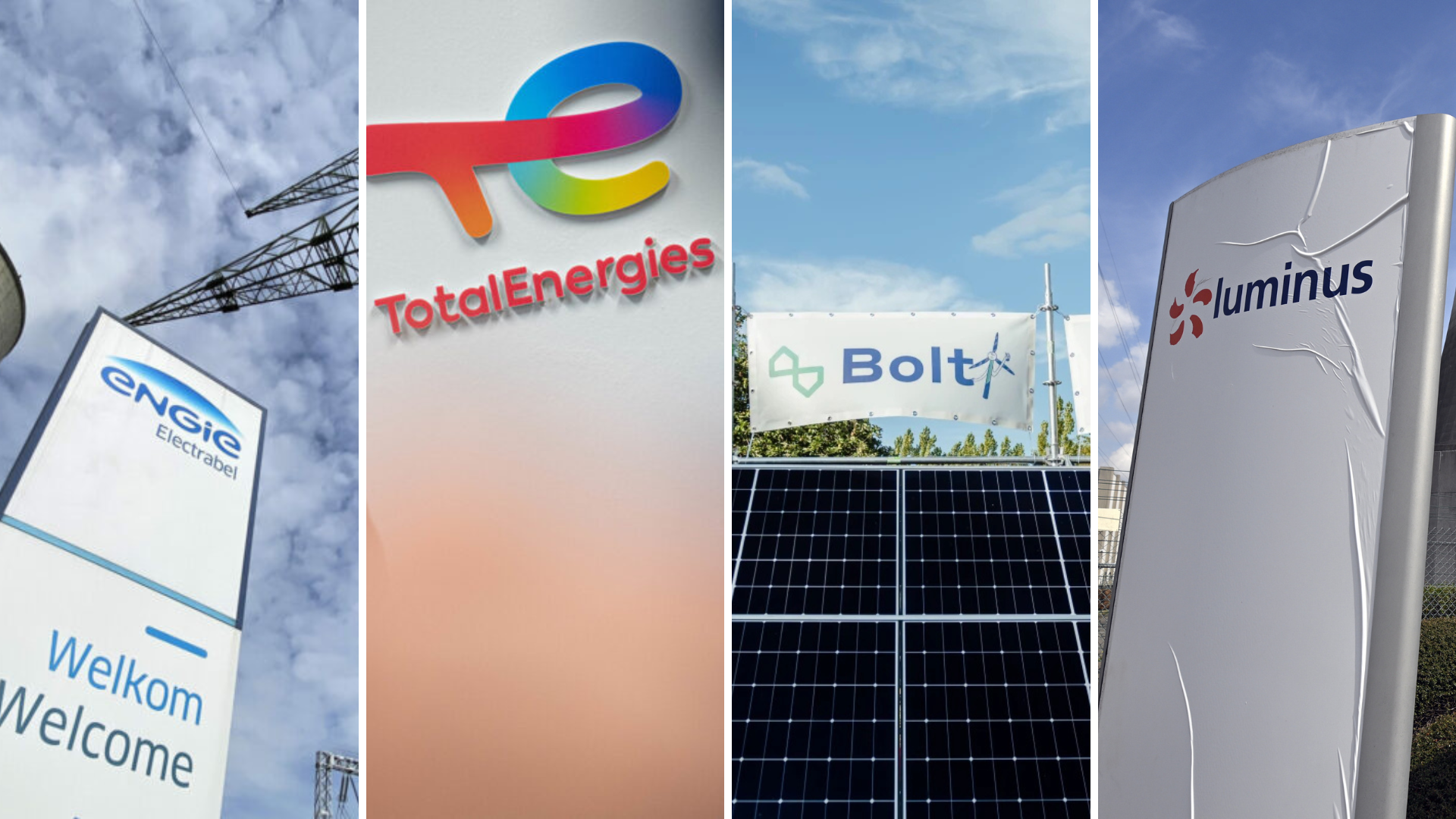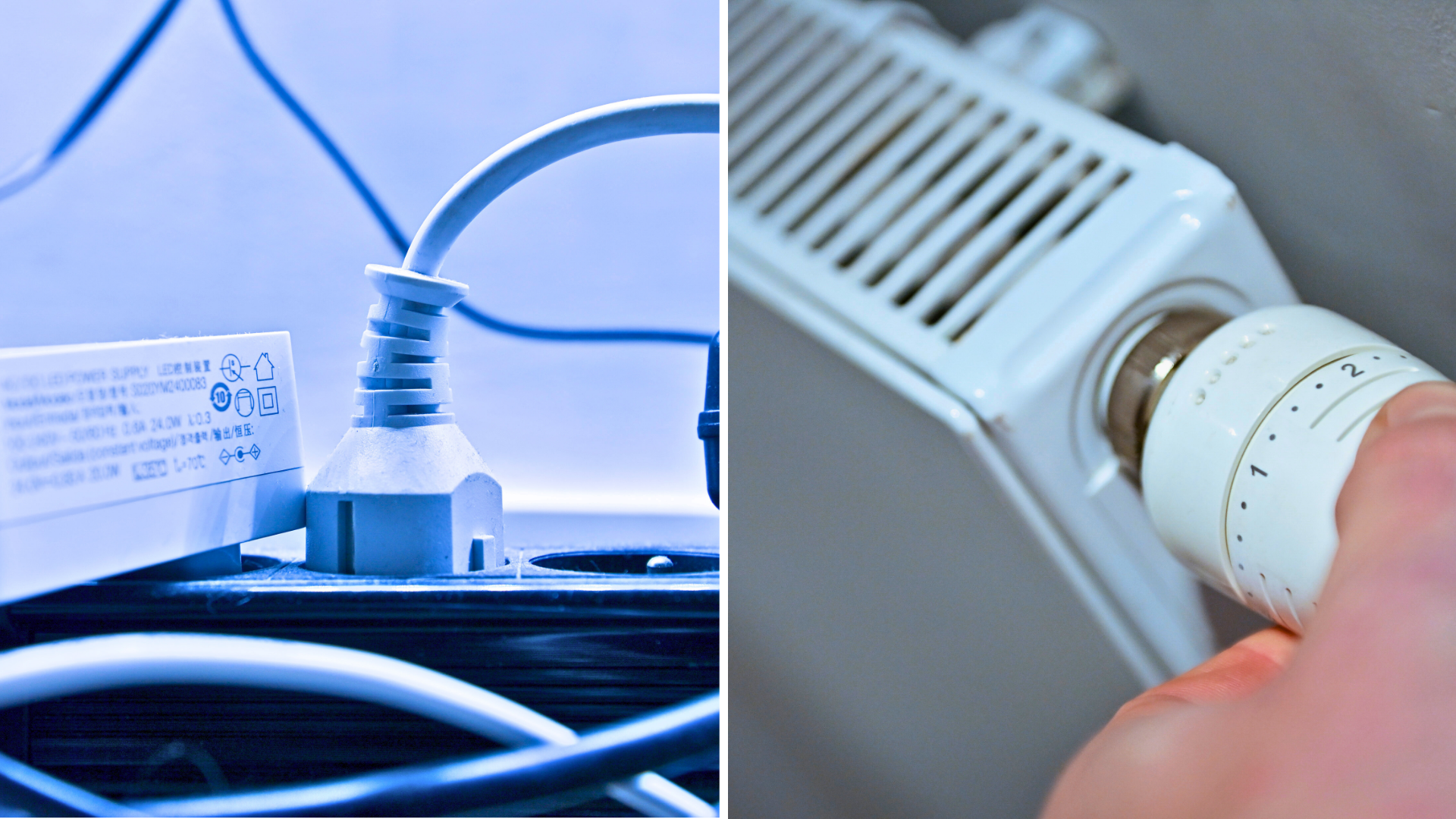From costs and contracts to solar panels and insulation, we're all impacted by our energy choices. And oftentimes, these are confusing. To peel away the complexities, at the start of every month consumer protection organisation Testachats dives into a topic affecting customers. In April the focus is on comparing energy suppliers, whether to switch and when to do so.
While the process may seem daunting, switching supplier can help customers save a lot of money. Understanding gas and electricity bills – from the types of contracts to how costs are calculated – is a key first step in knowing whether switching providers can be beneficial. Our March explainer focussed on exactly this.
Once customers understand their energy bills, they can start comparing the different contracts on the market, Testachats spokesperson Laura Clays explains. However, the choice varies between regions. "There are far fewer suppliers in Brussels," she told The Brussels Times.
In the Capital Region, people can choose between four suppliers: Engie, TotalEnergies, Bolt and Luminus. "Mega is available through a promotion with Testachats, while BruSol [a solar panel installer that has been installing free solar panels on roofs in Brussels since 2018] is available if you install solar panels with them."
In Wallonia, customers have the choice of around ten suppliers, while households in Flanders have around 20 to choose from.
Saving hundreds of euros
Clays noted that, aside from the offering, the prices also differ per region. "Brussels is generally more expensive."
While the market in Brussels is rather static, other places see more movement. "Suppliers come and go," Clays said. "Across the country, they regularly propose new contracts, and so it's possible that your contract is no longer the cheapest on the market after a few months."
The fact many people are overpaying was highlighted by an analysis by the federal energy regulator CREG last year. Approximately 1.2 million families paid €1,000 too much on their energy bills. CREG pointed to the insufficient knowledge about how energy contracts work and the continued lack of transparency in the energy market as the main reasons for this.

The four suppliers in Brussels. Credit: Belga/ Bolt
"So comparing regularly can save you a huge amount of money," Clays explains. "Moreover, there are many 'Welcome' discounts in this competitive time, sometimes allowing you to save up to €800 for average annual consumption." These tend to apply to the first contract year, meaning it pays to compare every year and switch to a cheaper contract or to one with a good welcome promotion every year.
"As soon as you have the promotion in your pocket, you can switch again. It is important to know the conditions of the promotion. For example, if you have to have been a customer for 12 months, it is best not to switch after 11 months and 2 weeks, otherwise, you will miss out on the discounts."
How to compare suppliers
The best way to compare the offers is through an online comparison tool. CREG's tool (the CREG-scan) compares contracts in all regions. Testachats also has its own tool, which has been named the most accurate, complete and transparent.
All simulations require postal codes, household usage, and how many people live there. "In the best-case scenario, you know your consumption profile. You know how much you draw from the grid, possibly split into day and night tariffs if you have a dual meter. And you also know how much you inject if you have solar panels. The more personal, the better the comparison. If you don't know, the comparison tools work with estimates," Clays explained.
People taking the test are then asked what contracts they want to see. Several factors can influence the suggested contracts:
- Fixed or variable contract (read more here): For now, variable prices are cheaper, but they can increase. With a fixed-price contract, customers are sure of the price for the coming year, but prices are quite high at the moment (the highest since April 2023).
- Customer service: some contracts only offer online customer service, meaning communication is done by email or a contact form and invoices are sent by email. Usually, these 100% online contracts are cheaper, but the company can't be called when there is a problem.
- Some contracts require you to set up a direct debit.
- Some contracts are prepaid, which requires customers to pay for a whole year in advance (like Bolt's Go contract).
- It is possible to filter for the 'Welcome' discounts but Clays stressed that promotional prices usually only apply for a limited period, after which the prices are a lot more expensive.
- Some suppliers offer contracts where 100% of the energy comes from Belgian renewable sources. These tend to be more expensive.
- Some contracts are offered through campaigns organised by an organisation, meaning a competitive rate has been negotiated. Testachats, for example, has a trial deal with Mega. It is the cheapest in Brussels for average consumption of both electricity and natural gas (fixed and variable rates).
Chosen a new contract? Switching is possible through the comparison tool. Simply enter some administrative details and the suppliers do the rest. "An installer doesn't need to come, because the infrastructure remains the same. You can expect to receive a final invoice from your old supplier, which will settle all outstanding costs. From then on, everything is taken care of," Clays concluded.

